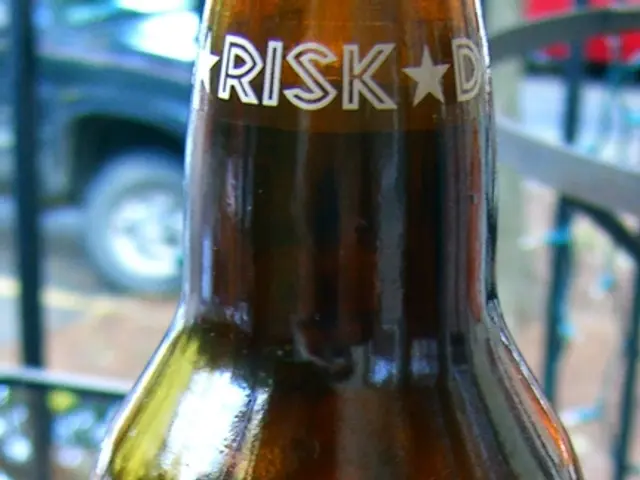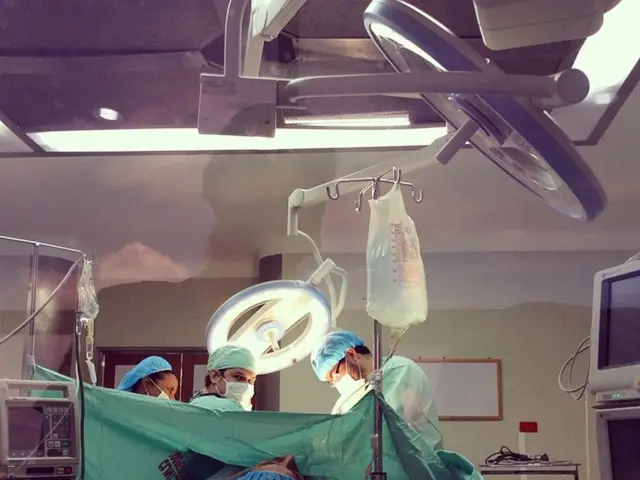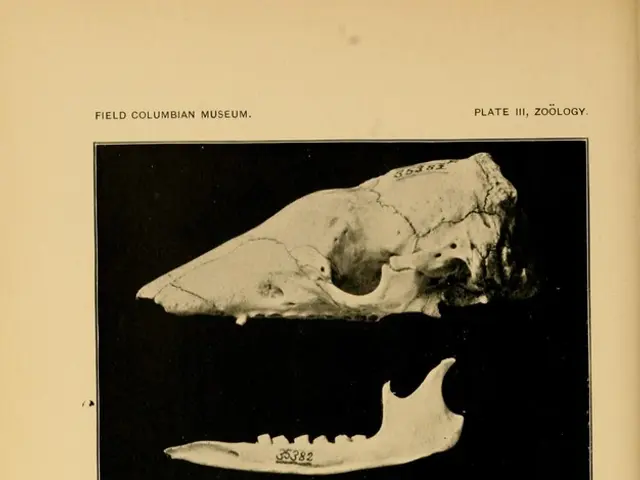Restructuring debt and psycho-correction support: Ukraine plans to endorse social assistance for gambling dependents
Article:
Stepping into the realm of addressing compulsive gambling, Olga Isaeva, head of the public union "Responsible Gambling Center," unveils a new standard designed to aid individuals struggling with this issue. Developed by a team of experts over a year, this ambitious standard is slated for approval by the Ministry of Social Policy.
The document will set tariffs for services, identify professional service providers, and construct a training system for social workers. The journey to recovery will span a maximum of one year, followed by post-program support. The standard organizes a general mechanism for providing services and standardizes numerous details.
Upon seeking help at a structural unit for social protection, an individual can expect initial testing, an interview, and a tailored work plan based on their personal information. A contract is signed with the individual, ensuring confidentiality and consent.
The approach to assist these individuals can encompass individual, family, or group psychological correction work. Methods may span cognitive-behavioral therapy, gestalt, psychodrama, and more - each tailored to the individual's needs. Enhancing social skills and integrating back into society, as well as family support, are also priorities.
The standard consists of five stages: diagnosis, motivation formation, psychological correction, social adaptation, and support. Konstantin Aymedov, head of the medical department at RGC, emphasizes, "Help should be comprehensive."
Beyond a psychologist and social worker, an individual may require a lawyer and financial consultant. Debt management plays a substantial role in reducing stress and the risk of problematic behavior, with an average debt sum of 300-400 thousand UAH among patients seeking help.
In the broader gambling industry news, a support center for individuals with gambling addiction has debuted in Ukraine. This intervention champions a comprehensive approach, leaning on overlapping principles and components from conventional addiction treatment methods worldwide:
- Stages of Treatment: Assessment, detoxification, intensive therapy, support and maintenance, and long-term recovery.
- Available Professionals: Psychologists, psychiatrists, therapists, and support group leaders.
- Support Mechanisms: Clinical care, community support groups, and public awareness campaigns.
Ukraine's emergence in addressing mental health issues unconventionally, such as PTSD through ketamine therapy, suggests a readiness to explore innovative solutions in mental health care - potentially including gambling addiction treatment. Collaboration between healthcare providers, policymakers, and community organizations is paramount for an all-encompassing system to take shape in Ukraine.
- The new standard for addressing gambling issues, as outlined by Olga Isaeva, includes a provision for professional finance consultants to assist individuals in debt management during their recovery, given the significant roles debt can play in exacerbating problematic behavior.
- The comprehensive gambling addiction treatment support center in Ukraine, part of a broader move towards innovative mental health care, follows the classic stages of treatment including assessment, detoxification, intensive therapy, support and maintenance, and long-term recovery.
- This support center is also staffed with a variety of professionals such as psychologists, psychiatrists, therapists, and support group leaders, ready to provide the necessary mental health services for individuals struggling with gambling addiction.
- In line with the standard for rehabilitation, the journey towards recovery from gambling addiction is organized into five stages: diagnosis, motivation formation, psychological correction, social adaptation, and support, mirroring the stages found in conventional addiction treatment methods.
- The standard document for addressing gambling addiction is not limited to personal-finance advice as it also aims to improve health-and-wellness, including mental health outcomes through techniques like cognitive-behavioral therapy, gestalt, psychodrama, and enhancing social skills.
- The gambling addiction treatment support center underlines the importance of continuous post-program support once an individual completes the one-year rehabilitation program, signifying the ongoing nature of their recovery process and the commitment to their long-term well-being.








